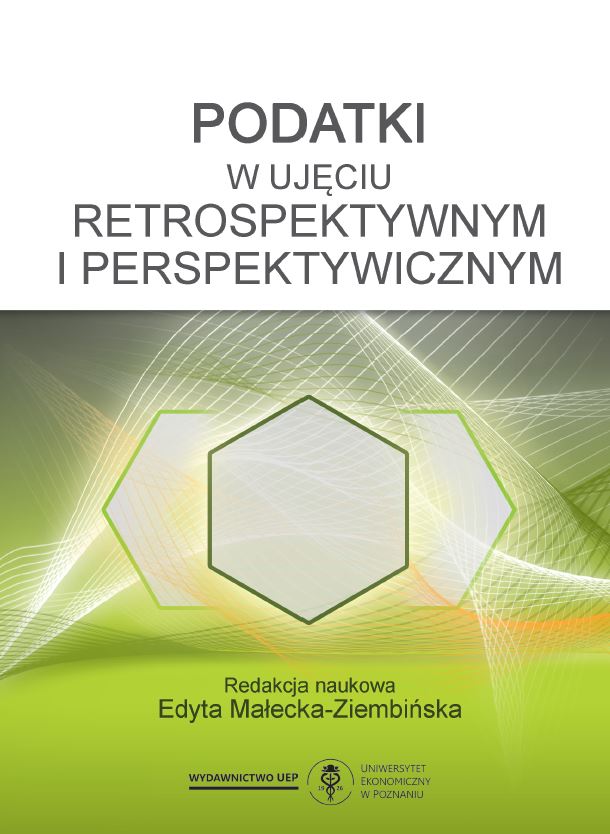Koncepcje opodatkowania zysku w sektorze cyfrowym
Approaches to profit taxation in the digital sector
Author(s): Szymon Mamajek
Subject(s): Economy, Business Economy / Management, Economic policy, Law on Economics, Public Finances, Fiscal Politics / Budgeting, ICT Information and Communications Technologies
Published by: Wydawnictwo Uniwersytetu Ekonomicznego w Poznaniu
Keywords: opodatkowanie;opodatkowanie zysku;gospodarka cyfrowa;DST;
Summary/Abstract: Purpose: The purpose of the chapter is to present and compare the proposed, as well as so far implemented digital tax models in selected countries, with particular emphasis on Poland. To the extent necessary, the issue of economic value creation using digital interfaces and the digital business models based on them will be discussed, which will be necessary for further consideration of the tax challenges associated with the digital economy. Design/methodology/approach: The goal was accomplished by analysing the literature on the subject, researching legislation or drafts there of, and other sources, including reports, policy papers, and Internet sources. The study examined, among other things, the European Commission’s draft directives, as well as Austrian, Spanish, Polish and Turkish legislation on the taxation of digital services. Findings: Digital taxes in the countries that were the focus of this chapter show numerous commonalities with the DST model developed by the European Commission. In those tax jurisdictions, the biggest changes can be observed in terms of the object of taxation, which was restricted for Austria, Spain and Poland and expanded for Turkey. Significant differences are also observed in the definitions of the taxpayer with threshold values for local income, as well as tax rates. Of the analysed digital tax models, the Spanish ISDS had the most in common with the DST model and the Polish VOD tax had the least. As far as the Polish proposal for a full DST model is concerned, some doubts about the legal quality of this solution have been raised in the literature.
Book: Podatki w ujęciu retrospektywnym i perspektywicznym
- Page Range: 140-160
- Page Count: 21
- Publication Year: 2022
- Language: Polish
- Content File-PDF

